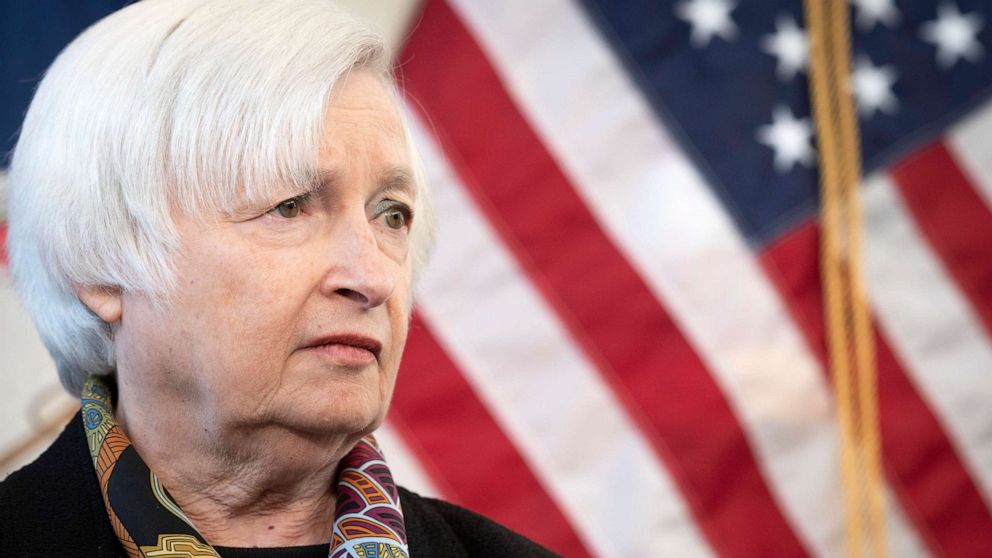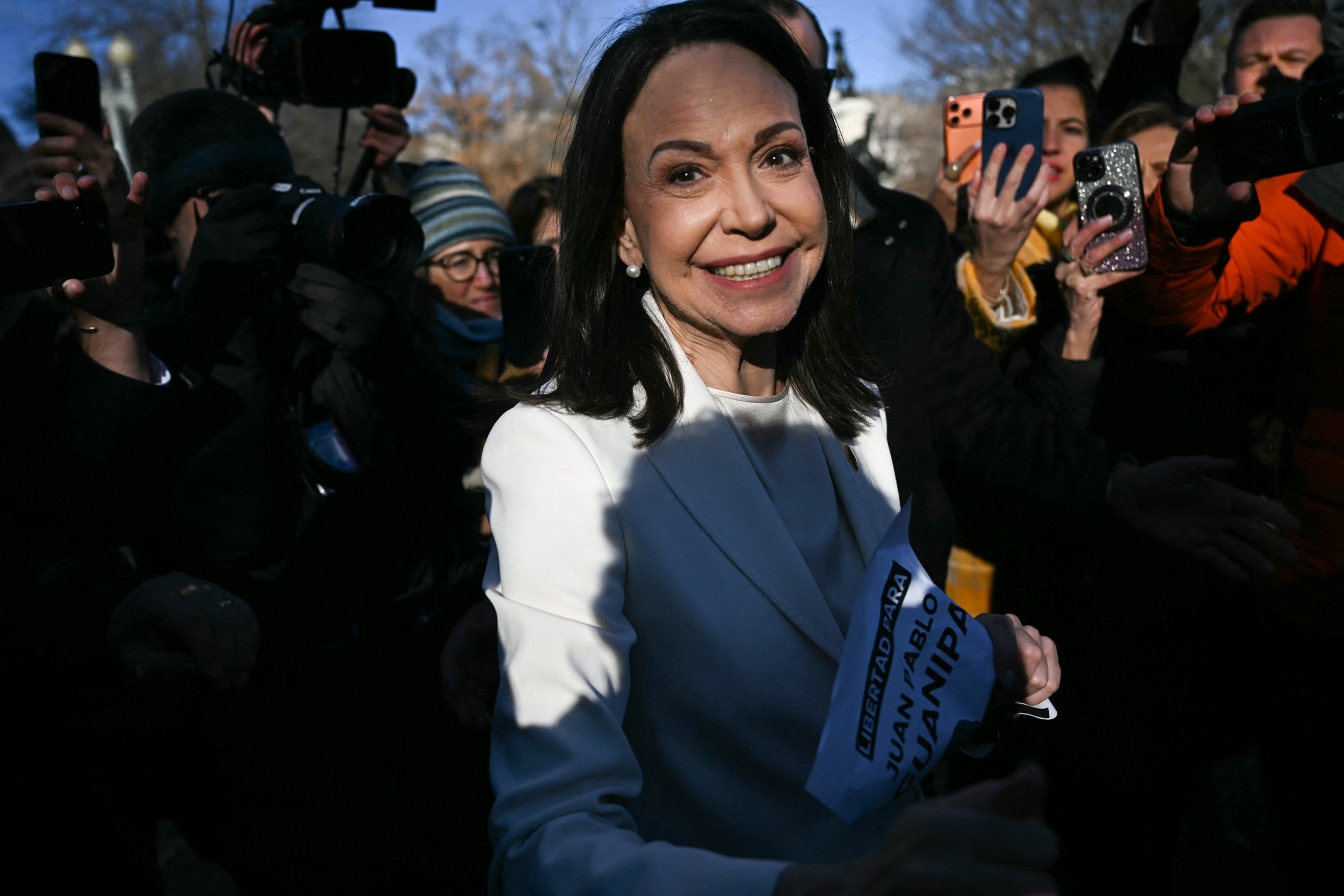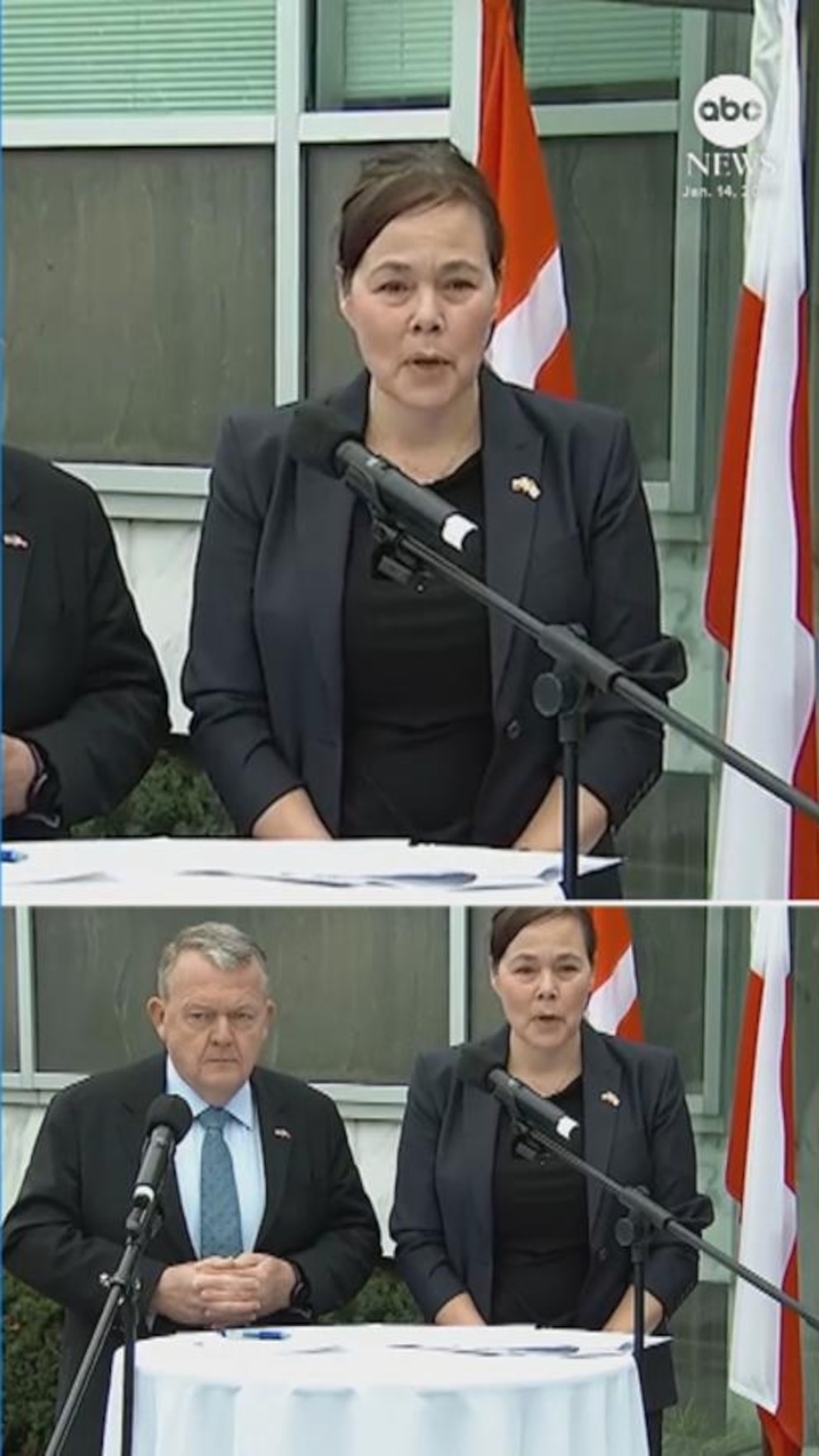Treasury extends potential debt default deadline to June 5

The update buys much-needed time for negotiators to hammer out a deal.
Treasury Secretary Janet Yellen on Friday issued a new letter to Congress stating the government won’t run out of money to pay all its bills until June 5 — slightly later than the agency’s previous prediction of as soon as June 1.
“Based on the most recent available data, we now estimate that Treasury will have insufficient resources to satisfy the government’s obligations if Congress has not raised or suspended the debt limit by June 5,” Yellen wrote.
The update buys much-needed time for negotiators to hammer out a deal to raise the debt limit and avoid a disastrous default. The so-called “X-date” when the U.S. will run out of funds to be able to pay all its bills in full and on time has always been fluid, based on daily federal tax revenues and expenditures.
Lawmakers left Washington for Memorial Day recess with no deal in hand. House Speaker Kevin McCarthy and President Joe Biden in recent days have said progress is being made but there is still no final compromise between both sides.
ABC News Senior Congressional Correspondent Rachel Scott has reported negotiators are eyeing a possible deal to raise the debt limit and increase defense and veteran spending for two years while also clawing back unspent COVID-19 funds.
But key hang-ups in the talks appear to be spending levels and work requirements.
Meanwhile, Yellen’s letter comes as the Treasury Department’s cash reserves are running dangerously low.
Treasury Secretary Janet Yellen speaks with reporters during a visit to the Virginia Innovation Partnership Corporation incubator at the Center for Innovative Technology campus in Herndon, Va., Oct. 21, 2022.
Cliff Owen/AP, FILE
New Treasury data shows its cash balance dwindled to just $39 billion at the end of the day yesterday. This is down from roughly $60 billion at the end of last week – and $316 billion at the start of the month.
The Treasury also released data showing it holds roughly $67 billion in “extraordinary measures” it can use.
In her letter, Yellen noted that more than $130 billion of payments are scheduled in the first two days of June, including to Veterans and Social Security and Medicare recipients.
“These payments will leave Treasury with an extremely low level of resources,” she wrote.
Source: abc news















